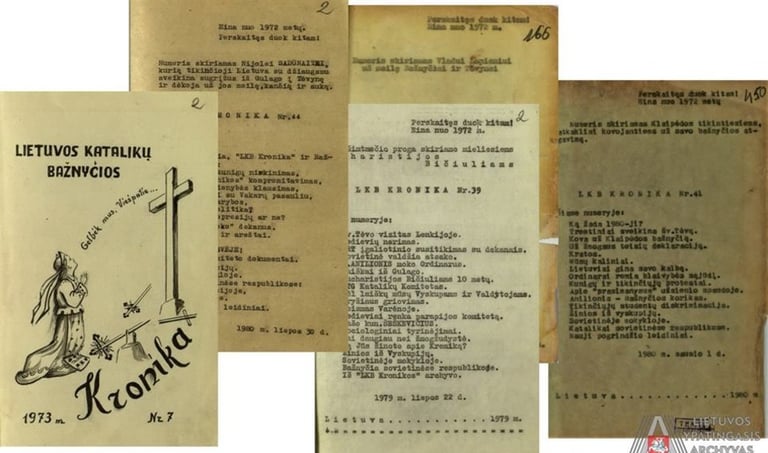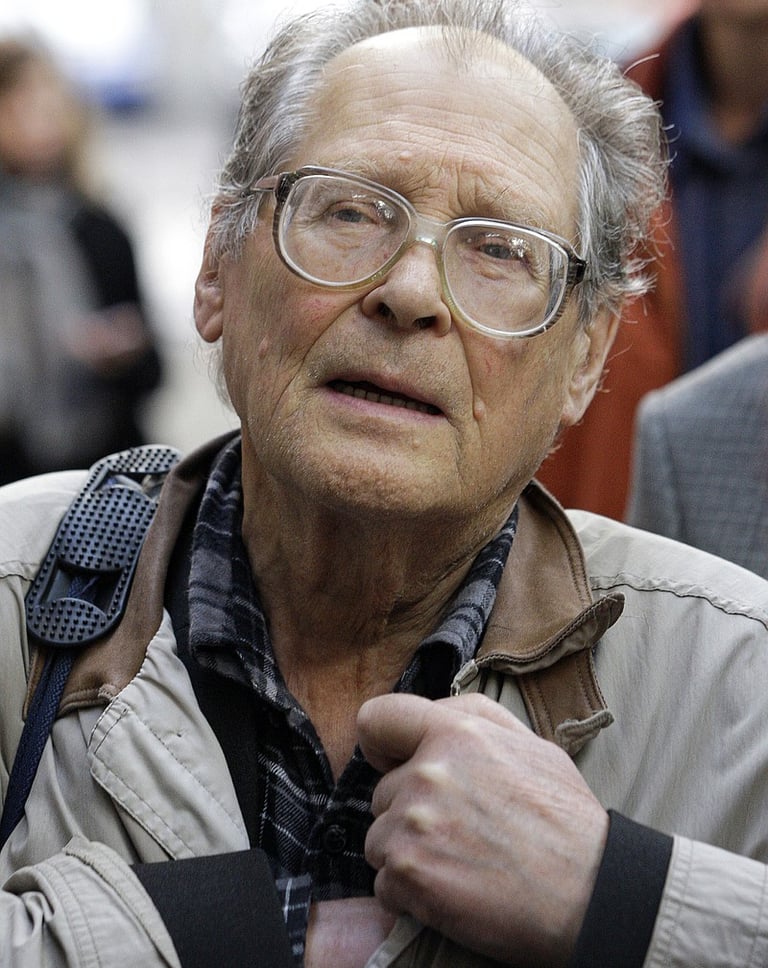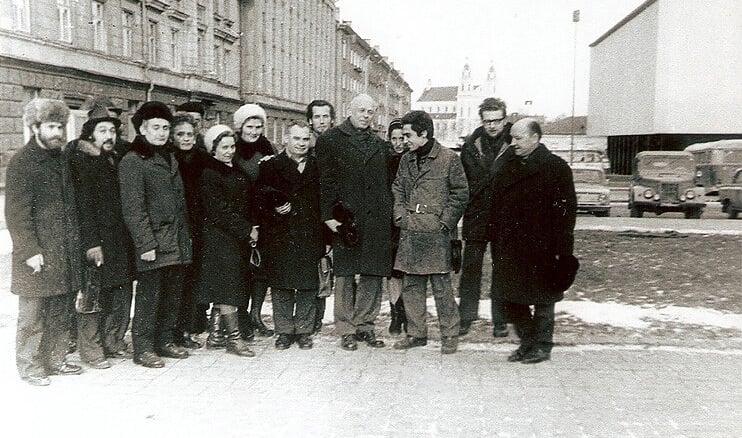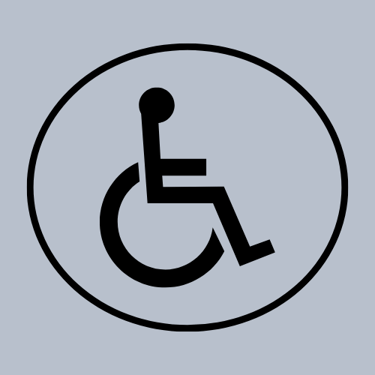The Supreme Court of Lithuania
As you can probably imagine by now, the reinstatement of Lithuanian independence seemed like an impossible goal for a long time.
Dissidents were often caught, arrested, and interrogated by the KGB in secret. Nevertheless, the good people working for the Chronicle of the Catholic Church of Lithuania managed to report many of these incarcerations and interrogations, and informed the public of the upcoming court hearings of dissidents.


During the Soviet Occupation, the Supreme Court of the Soviet Socialist Republic of Lithuania was established here, at Gynėjai st. The court hosted many different trials of many different human rights activists and dissidents, whether they were Lithuanian or not.
Sergei Kovalev, for example, was a Russian human rights activist and part of the group of dissidents writing the Chronicle of Current Events, an underground bulletin that reported on human rights violations in the USSR. The typed-up bulletin reported on the arrests and psychiatric internments of the Soviet regime's opponents and the horrific situation in its labor camps.


And it was Kovalev’s work in the Chronicle that brought him to trial in Vilnius. But why Vilnius? If Kovalev was a Russian, why wasn’t he tried in Moscow? Well, according to the Chronicle of the Catholic Church of Lithuania, Kovalev was tried in Lithuania in order to minimize the number of supporters who could come to the trial on behalf of the defendant. In fact, the USSR was so worried about disruptive groups arriving during the trial, they sent out “invitations” to groups of dissidents several weeks before the event to try and lure them away. The Officials wanted the dissidents to instead come to militia precincts or other institutions on the dates the trial was planned.
It didn’t work!


Kovalev’s trial still attracted many dissidents from all over the Soviet Union to come to Vilnius and listen in, including Andrei Sakharov, who was a close friend of Kovalev. The square next to the Court…the square you’re standing in now… became a symbolic place where many dissidents from all over the USSR could finally connect with other, like-minded people. Fighters who had only read or heard mentions of others could finally meet in real life. And now, you are continuing this tradition. Welcome! We’re glad you’re here.
Unfortunately, the outcome of Kovalev’s trial, however, was not a positive development in our dissident world. The court sentenced Kovalev to 7 years of imprisonment in a strict regime camp, you can imagine how hard that was. And if that wasn’t bad enough, it was followed by 3 years of exile. 10 years away in total.
But that is the harsh truth of the dissident world. As much as we’d like it to be, unity and support are often not enough.
Next stop: Lukiškės Prison


